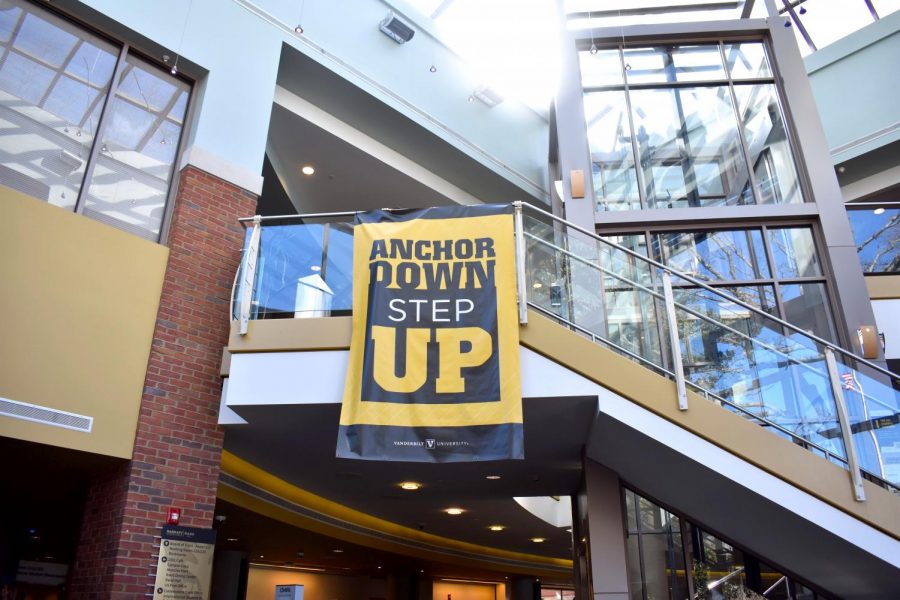“I’m sick,” I say, coughing, to my parents. It’s Monday morning in 2010, and I have to catch the 8:00 a.m. bus to elementary school. My mother feels my forehead but determines that it is not hot enough for a fever. So, much to my disdain, I find myself dressed and rushed out the door to learn long division and sentence structure.
The school nurse knew me well. I was a regular. Most of the time I wasn’t really sick, just dramatic, but I, and all of my peers, were expected to go to school even if we were sick. This is not the case today. Our temperatures are checked daily, and we are constantly reminded of symptoms that may indicate contagiousness. COVID-19 is changing our perception of working while sick.
Our society has a work culture that encourages efficiency. A year and a half ago, I hadn’t dared miss class for fear that I would fall behind or miss something important. If I had anything short of a fever, I wouldn’t even think of forgoing my daily tasks. I am not alone in this mindset. The amount of times someone has had a coughing fit or had to grab the trash can to puke in the middle of class proves that before COVID-19, there was no threshold of when to skip class. This work ethic was ingrained in us from a young age, and with little experience in adulting, I imagine this carries over into the workplace as well.
Even outside of school or the office, this culture of working while sick is prevalent. According to The New York Times, at a gym in Chicago, 55 out of 81 people who attended fitness classes in a given week tested positive for COVID-19. Of these attendees, 22 reported having symptoms on the day of their fitness class, and three had even received a positive result before attending. Even with COVID-19 and the risks associated with working out, these people still went to the gym. Our society’s perception of working on ourselves or for others, in spite of illness, is problematic: even if you don’t have access to a test, when you have symptoms of COVID-19, you need to stay home.
Now, this sentiment is generally accepted everywhere. Before entering shops and restaurants, workers take temperatures and screen for symptoms. But when the pandemic is over, what will be expected of us then?
Should we revert back to going to school even if we have a cough, runny nose or fever?
Online learning has made it easier for students to keep up with their school work. Online educational platforms were already beginning to gain traction before the pandemic and have only continued to grow. Schools will likely continue to use these tools to aid teaching even after they resume fully in person. In this way, students should not feel pressure to attend school when they are too ill.
Even when COVID-19 becomes a disease of the past, it will still be important to stay home when ill, as other infectious diseases will persist. A 2010 Stanford study found that in an American high school, there were 760,000 incidents in a day where two people can spread a disease. Similar to COVID-19, the symptoms for the flu are minimal for those of young age and good health, but deaths are still prevalent. The CDC estimates that between 24,000 and 62,000 people have been killed by the flu during this past flu season. When we are ill, even if we do not have severe symptoms, we should not infect other people, no matter what sickness we have.
Working while sick has always been expected of us, but COVID-19 has greatly changed our work culture. When COVID-19 is long gone and masks are no longer worn, we still need to remember the risks of infecting others. Like COVID-19, a disease causing relatively insignificant symptoms for you could be deadly to someone else. Our work ethic is not defined by how much we do while we are infectious. Disease goes beyond ourselves, and staying home while sick has greater benefits for public health than the inconvenience it causes for you.








